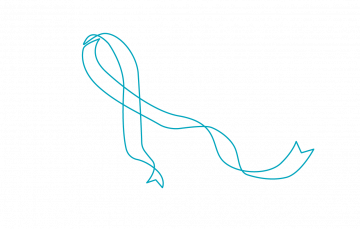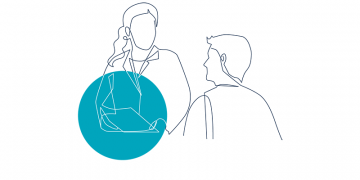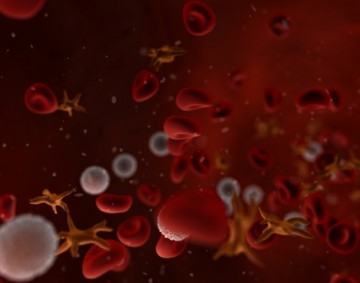By Drs. Domnick Manhas and Tony Wan on August 23, 2023
It is estimated that 15% of all cancer patients will develop VTE, resulting in significant morbidity and mortality. The cost of cancer-associated thrombosis is substantial to the healthcare system. Currently, routine thromboprophylaxis is not recommended given the fear of increased risk of bleeding, modest absolute risk reduction in VTE, and inconvenience. However, a selected group of cancer patients with very high VTE risk will benefit from thromboprophylaxis.
By Drs. Alejandro Dau, Agnes Lee, and Tony Wan on February 22, 2022
COVID-19 is associated with an increased risk of venous, arterial, and microvascular thrombosis. Early reports documented high rates of venous thromboembolism (VTE) in hospitalized patients with COVID-19, with pooled incidences of 20-30%, despite standard-dose thromboprophylaxis. Multiple randomized control trials (RCTs) have sought to determine the safety and efficacy of therapeutic anticoagulation in both critically ill and non-critically ill hospitalized patients with COVID-19.
By Drs. Elina Liu, Erin Morley, and Anna Rahmani on November 15, 2021
Each year, 1 in 6 patients with atrial fibrillation, or an estimated 6 million patients worldwide, will require perioperative anticoagulant management. An increasing number of atrial fibrillation patients are using direct oral anticoagulants (DOACs) in place of warfarin for stroke prevention. However, there has been uncertainty regarding perioperative management of DOACs, with significant variability noted in clinical practice. This can lead to potential harm with an increased risk of thrombosis if a DOAC is held for too long versus increased risk of post-operative bleeding if interruption intervals are too short.
By Drs. Erica Tsang and Iain Mackie on February 17, 2016
An unprovoked venous thromboembolism (VTE), either through a deep venous thrombosis or pulmonary embolism, may be the earliest sign of malignancy. In patients presenting with unprovoked VTE, a limited occult malignancy screening strategy is sufficient, compared to routinely adding CT imaging of the abdomen and pelvis.
By Drs. Jason Hart and Neda Amiri on November 20, 2012
In April 2012, NEJM published The EINSTEIN-PE study, which looked at the use of oral Rivaroxaban for the treatment of symptomatic pulmonary embolism in 4833 patients.






Recent Comments